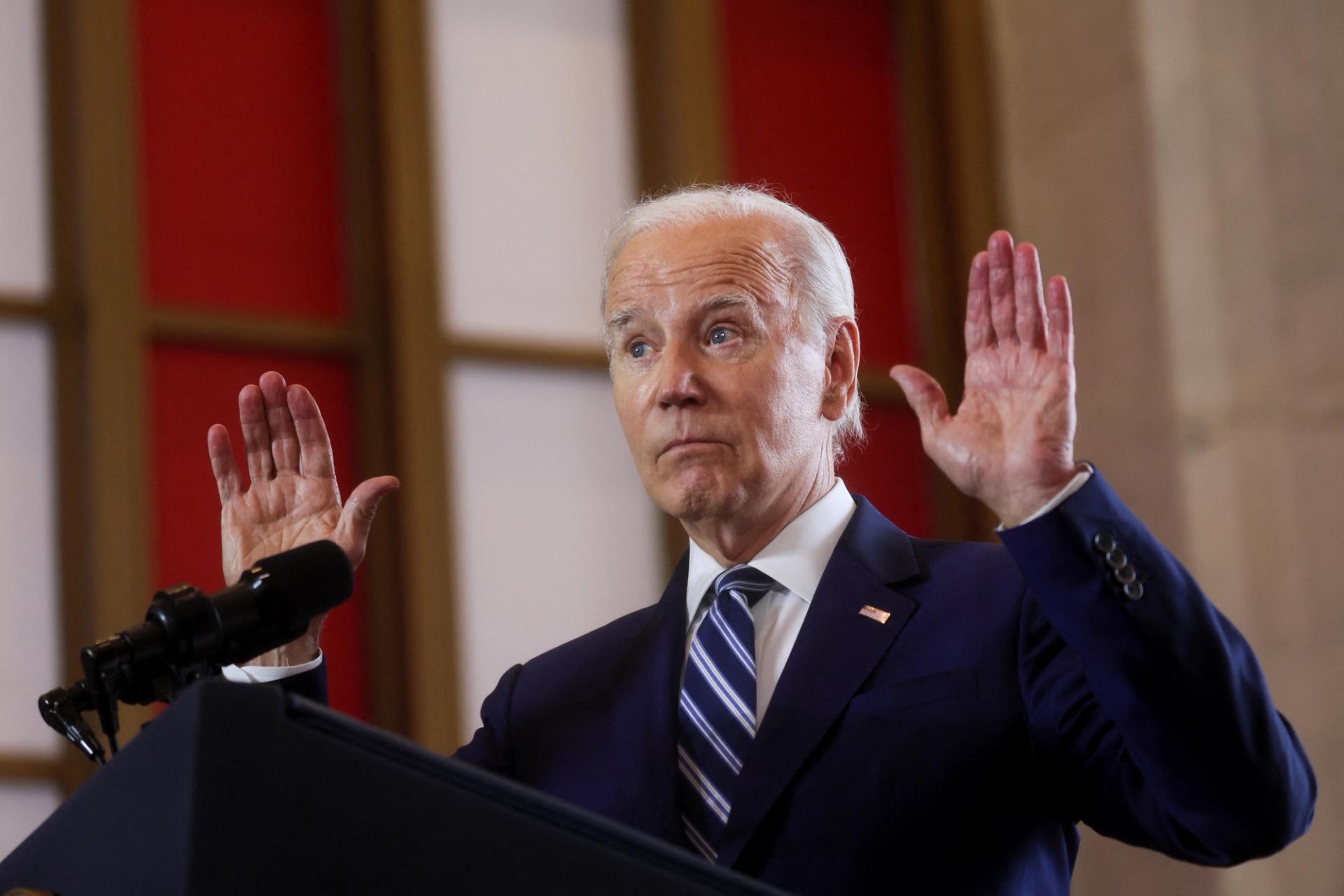The News
Hours after the U.S. Supreme Court struck down the White House’s student debt relief program Friday, President Biden announced that he’s taking a pair of steps to provide student debt relief for millions of borrowers.
During a short address at the White House, Biden said he plans to pursue another path to wipe out student debt under the Higher Education Act, which allows the secretary of education to “compromise, waive, or release loans under certain circumstances.”
He insisted the new strategy is “legally sound.”
“It’s going to take longer, but in my view it’s the best path that remains,” he said.
Insights
- Even before the Supreme Court’s decision, Democrats had urged the White House to consider a Plan B like using the HEA. Those calls only intensified among progressives after Friday’s ruling struck down Biden’s plan.
- As Biden cautioned, the process will take time: It could take a year to complete, overlapping with the 2024 election, Kevin Carey, vice president of education policy at the New America think tank, told Semafor.
- But education policy experts said that the route Biden is taking neutralizes the threat of a lawsuit for the time being. “You can’t sue to stop a rule until the rule itself has been finalized,” Carey said. “So what this effectively does is put the inevitable process of having another lawsuit past the national election.”
- Biden’s actions signal a “very direct confrontation with the Court — much more so than after Dobbs,” New York University School of Law professor Noah Rosenblum tweeted, referring to the Supreme Court decision that overturned Roe v. Wade. “Wild stuff.”
- Joseph’s View: Biden’s effort to overhaul income-driven repayment for student loans has flown under the radar. But the Education Department announced Friday that it had finalized those changes. It has the potential to slash the number of undergraduates who have to fully pay off student loans and reduce required monthly payments.
Know More
Biden also announced a 12-month grace period meant to help transition borrowers into repaying their balances. Monthly payments will be due and interest will accrue, but borrowers won’t be penalized for missing payments during the first year.
“During this period if you can pay your monthly bills, you should,” Biden said. “But if you cannot, if you miss payments, this on-ramp temporarily removes the threat of default, or having your credit harmed, which can hurt borrowers for years to come.”
The White House previously tried to cancel loans under the 2003 HEROES Act, which allows the Department of Education to “waive or modify” student loan programs in response to a national emergency.
The Supreme Court’s conservative majority, however, found that the president did not have that authority.
